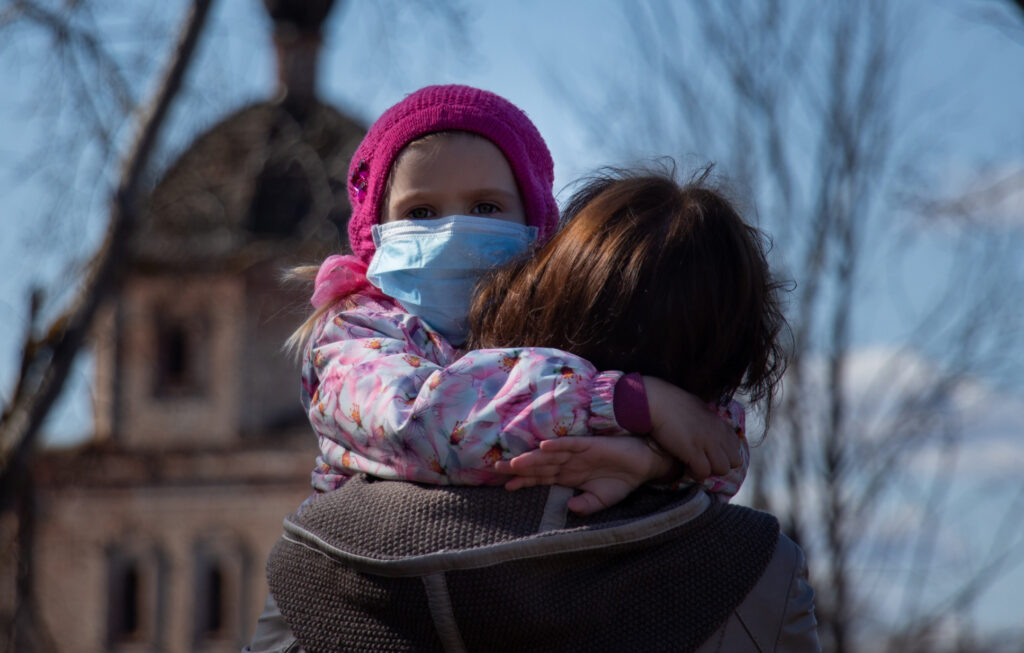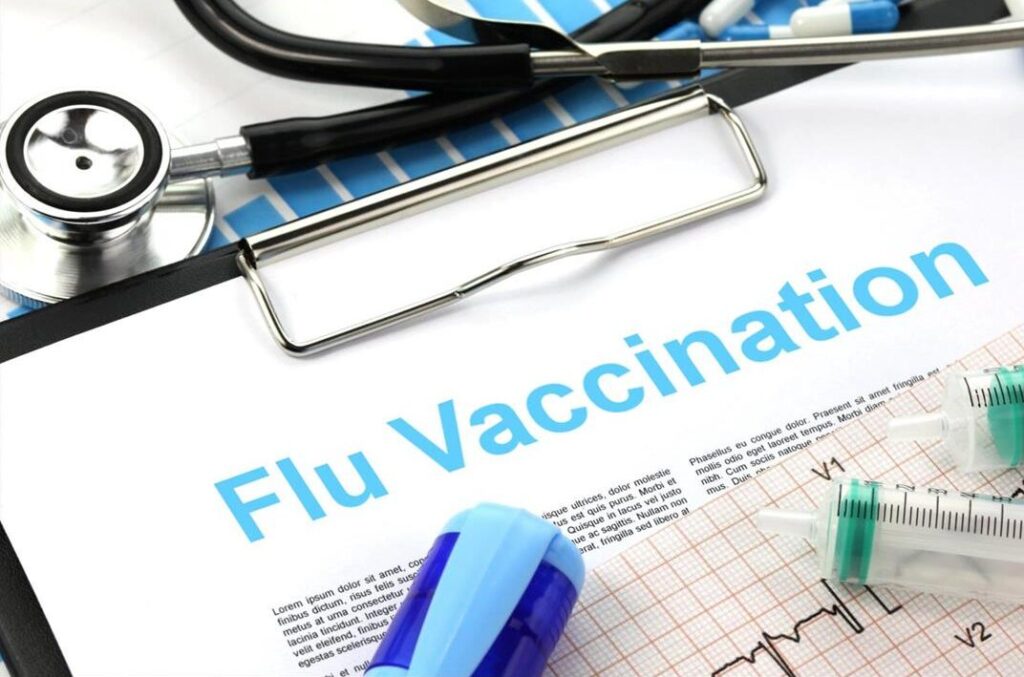Introduction
Christmas is a magical time of the year, filled with joy, family gatherings, and celebrations. However, it’s also a time when flu cases tend to rise, especially among children. As the festive season approaches, parents need to stay vigilant and take proactive steps to protect their little ones from the flu.
Understanding the Flu
The flu, short for influenza, is a contagious respiratory illness caused by influenza viruses. It’s not just a bad cold; it can lead to severe complications, especially in children with weaker immune systems. Typical symptoms include high fever, coughing, sore throat, runny nose, body aches, and fatigue.

Why Are Flu Cases Higher Near Christmas?
Cold Weather and Flu Virus Survival
The flu virus thrives in colder temperatures, which is why winter months see a significant spike in cases. The chilly weather also drives people indoors, increasing the likelihood of virus transmission.
Increased Gatherings and Travel
Christmas is a time for family reunions and holiday travel. While these activities bring joy, they also create opportunities for the flu virus to spread among children and adults alike.
Reduced Immunity Due to Stress and Diet
The hustle and bustle of holiday preparations can lead to stress and neglect of healthy eating habits. These factors can weaken a child’s immune system, making them more susceptible to illnesses like the flu.

Symptoms to Watch Out For in Children
Parents should be alert to the following symptoms in their children:
- High fever, often above 38°C
- Persistent cough and sore throat
- Runny or stuffy nose
- Fatigue, weakness, and body aches
- Vomiting and diarrhea, which are more common in younger children
Preventing Flu in Children
Vaccination
Vaccination is one of the most effective ways to prevent the flu. In the UK, flu vaccines are often available for free to children through the NHS. Check with your local GP to schedule a flu shot for your child.
Hygiene Practices
Teaching children good hygiene habits is crucial. Encourage them to wash their hands frequently with soap and water and to avoid touching their faces. If someone in the household is sick, maintain a safe distance and disinfect commonly touched surfaces.
Strengthening Immunity
A strong immune system is your child’s best defense against the flu. Provide a balanced diet rich in fruits, vegetables, and whole grains. Ensure they get enough sleep and stay active with regular physical exercise.
What to Do If Your Child Gets the Flu
Home Care Tips
If your child contracts the flu, focus on supportive care:
- Keep them hydrated with water, soups, and electrolyte solutions.
- Use over-the-counter medications like paracetamol to manage fever and aches (always consult a doctor first).
- Encourage plenty of rest to aid recovery.
When to Seek Medical Attention
Watch for signs of complications, such as:
- Persistent high fever lasting more than three days
- Difficulty breathing or shortness of breath
- Symptoms that worsen instead of improving
If you notice any of these, seek medical help immediately.

Managing Flu During Christmas Celebrations
Limiting Exposure in Gatherings
Consider smaller gatherings or outdoor celebrations to reduce the risk of flu transmission. If someone is feeling unwell, encourage them to stay home.
Preparing a “Sick-Friendly” Holiday Environment
Create a cozy and comfortable space for your child to rest if they’re sick during the holidays. Include favorite books, movies, and easy-to-digest snacks.
Virtual Celebrations as an Alternative
When the risk of flu is high, virtual celebrations can be a safe and enjoyable way to connect with loved ones.
Community Measures to Reduce Flu Spread
Community-wide efforts, such as awareness campaigns and free vaccination drives, play a significant role in reducing flu cases. Encourage participation in these initiatives to protect your family and others.
Coping as a Parent During Flu Season
Caring for a sick child while managing holiday responsibilities can be overwhelming. Remember to prioritize self-care. Take breaks, ask for help when needed, and focus on creating a safe and healthy environment for your family.
Conclusion
As flu cases in children rise near Christmas in the UK, prevention and timely care are crucial. By following these guidelines—from vaccination to home care tips—you can ensure a healthier and happier holiday season for your family.
FAQs
1. Can my child get the flu vaccine for free in the UK?
Yes, children in certain age groups are eligible for free flu vaccines through the NHS. Check with your local GP for details.
2. How long does the flu usually last in children?
The flu typically lasts 5-7 days in children, but symptoms like fatigue may linger longer.
3. Are natural remedies effective against the flu?
While natural remedies like honey and ginger can soothe symptoms, they should not replace medical treatment or flu vaccines.
4. What should I do if my child’s symptoms worsen suddenly?
Seek immediate medical attention if symptoms escalate, such as difficulty breathing or a high fever that doesn’t improve.
5. Can flu spread through toys and surfaces?
Yes, the flu virus can survive on surfaces for several hours. Regularly clean and disinfect toys and frequently touched objects.
Here are some reliable websites to gather more information on flu cases in children and preventative measures, especially in the UK context:
- NHS (National Health Service)
- Comprehensive resources on flu symptoms, vaccinations, and care guidelines.
- Specific advice for parents on child health.
- Public Health England (PHE)
- Offers reports and statistics on flu trends in the UK.
- Includes updates on national vaccination campaigns.
- World Health Organization (WHO)
- Global perspective on flu, including prevention strategies and vaccination data.
- Advice on handling seasonal influenza.
- Centers for Disease Control and Prevention (CDC)
- Detailed information about influenza in children and recommendations for care.
- Though US-based, it provides universally applicable advice.
- Royal College of Paediatrics and Child Health (RCPCH)
- Professional insights and updates about pediatric health issues, including flu.
- Flu Vaccine Finder (NHS)
- Locate flu vaccine services in your area and learn about vaccine availability.
- Healthline
- Easy-to-read articles on flu symptoms, care, and prevention for parents.
- KidsHealth
- A parent-friendly site with specific sections about flu in children, symptoms, and home care tips.
Let me know if you’d like assistance with any other specific resources!
For more Information, Please visit Fit Globes